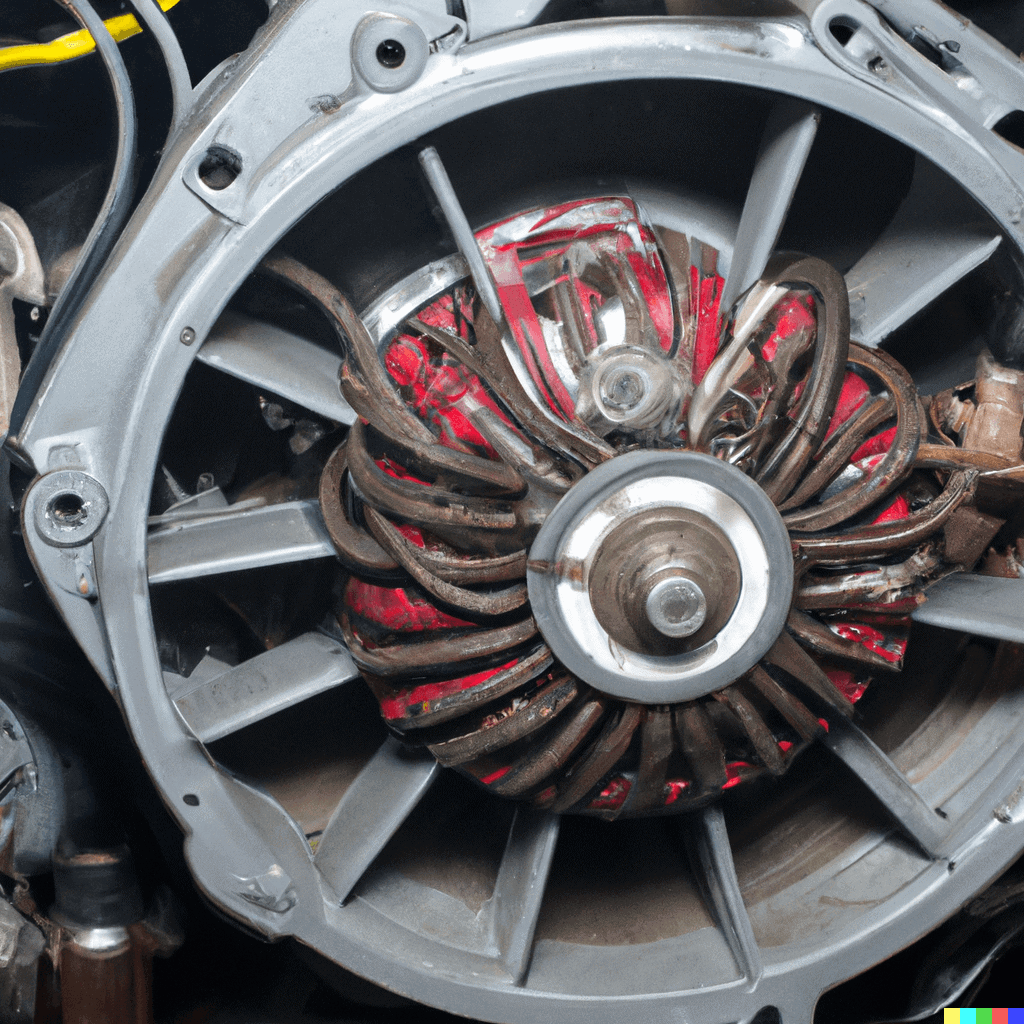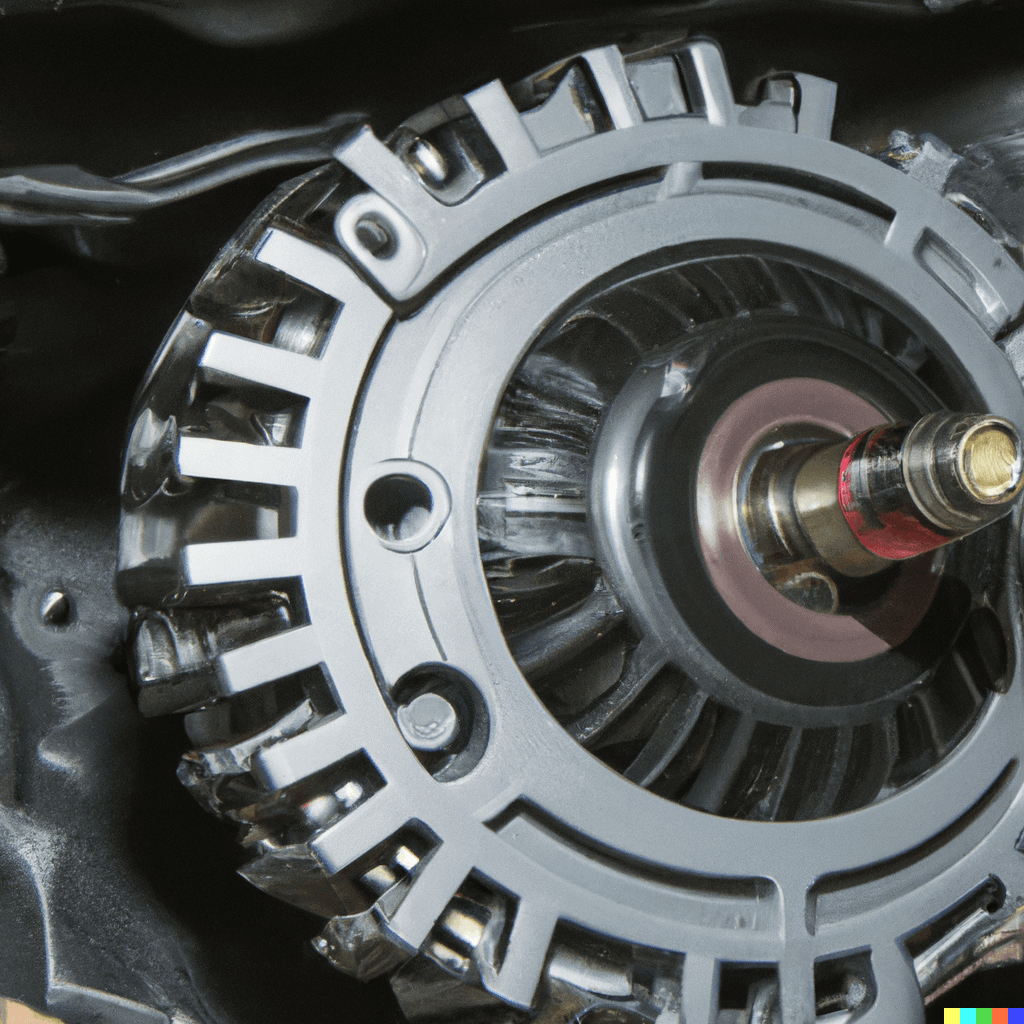Your car’s alternator plays a crucial role in keeping your vehicle running smoothly by charging your battery and powering all of the electrical components in your car. However, like any other mechanical component, alternators can experience wear and tear over time, which can lead to failure. In this article, we will explore common causes of alternator failure and strategies for prevention.
Common Causes of Alternator Failure
Age
Like all mechanical parts, alternators have a limited lifespan. They are designed to last about 100,000 miles, but this can vary depending on the make and model of your vehicle and how well you maintain it.
Overuse
Your alternator is responsible for charging your battery and running all of the electrical components in your car. When you use these components excessively, it can put a strain on your alternator and lead to premature failure.
Wear and tear
Over time, the parts inside your alternator can become worn, leading to a reduction in its lifespan. This can be caused by exposure to heat, vibrations, and other environmental factors.
Neglecting maintenance
If you neglect to perform regular maintenance tasks on your alternator, such as cleaning, checking the drive belt, and inspecting for leaks, it can lead to premature failure.
Environmental factors
Extreme weather conditions, such as excessive heat or cold, can also cause your alternator to fail.

Signs of Wear and Tear to Watch Out For
There are several signs that your alternator may be experiencing wear and tear, including:
• Dimming or flickering headlights
• Warning light on the dashboard
• Strange noises coming from your engine
• Difficulty starting your car
• Electrical components not functioning properly
Environmental and Driving Factors That Contribute to Alternator Failure
Frequent short trips
Alternators need time to fully charge your battery. When you take short trips, your alternator doesn’t have enough time to do this, which can lead to premature failure.
High electrical load
Using excessive electrical components, such as a high-end stereo system or charging multiple devices, can put a strain on your alternator and lead to failure.
Driving conditions
Driving on rough roads or off-road can cause your alternator to vibrate excessively, leading to premature wear and tear.
Strategies for Prevention
Perform regular maintenance
To prevent alternator failure, it’s important to perform regular maintenance tasks, including cleaning, checking the drive belt, and inspecting for leaks.
Avoid excessive electrical load
Reduce the load on your alternator by limiting the use of electrical components and upgrading to a high-output alternator if necessary.
Drive longer distances
Give your alternator enough time to fully charge your battery by taking longer trips.
Use quality parts: Using high-quality electrical components and parts can help reduce the load on your alternator and prolong its lifespan.
Protect your alternator
Shield your alternator from extreme weather conditions and vibrations by keeping your engine bay clean and driving carefully.

Conclusion
In conclusion, while alternator failure can be frustrating and costly, there are steps you can take to prevent it from happening. By being aware of the common causes of alternator failure, watching for signs of wear and tear, considering environmental and driving factors, and taking preventative measures, you can help ensure that your alternator lasts as long as possible. Whether it’s maintaining your vehicle’s electrical system, checking the drive belt regularly, or keeping the alternator clean, taking these steps can help you avoid the headaches of alternator failure and prolong the lifespan of this important component. Remember, a little preventative maintenance goes a long way in avoiding costly repairs and keeping your vehicle running smoothly.
